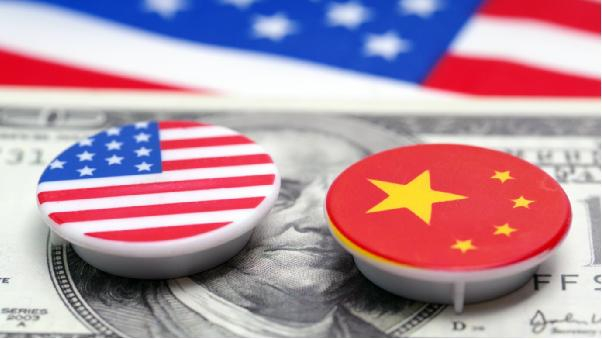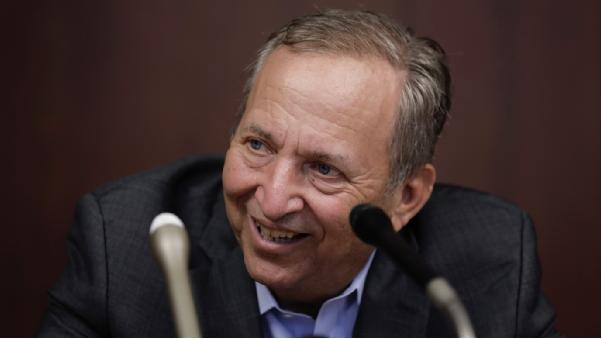
Business
14:40, 18-Jan-2019
Protracted China-U.S. trade war calls for mutual understanding
By Closer to China
01:55

The year of 2019 marks the 40th anniversary of the establishment of China-U.S. diplomatic relations, which have experienced ups and downs and made historic progress over the years, bringing substantial benefits to the two peoples and promoting world peace and development.
Reviewing the past year, however, there have been setbacks, including the China-U.S. trade conflict and other matters of dispute, which cast a shadow on normal relations between the two countries.
Over dinner at the G20 meeting in December 2018, U.S. President Trump and Chinese President Xi Jinping brokered a 90-day truce to the current trade conflict, agreeing that there will be no further escalation during this period and that the two sides will enter into discussions with the intent to settle disputes.
And after "extensive, in-depth and detailed exchanges" at the vice-ministerial level in early January, China and the U.S. agreed to maintain close contact. Although both sides hope real progress can be made during the 90-day "ceasefire," it is worth looking at the bigger picture.

Lawrence Summers, a distinguished American economist, former U.S. Secretary of the Treasury and former president of the Harvard University. /VCG Photo
Lawrence Summers, a distinguished American economist, former U.S. Secretary of the Treasury and former president of the Harvard University. /VCG Photo
As nationalism increases in both China and the U.S, it is proving difficult to hear rational, independent, knowledgeable voices discuss Sino-U.S. ties.
One of the rational voices is Lawrence Summers, a distinguished economist and former U.S. Secretary of the Treasury.
Never shy to challenge conventional wisdom, Summers offers a trenchant analysis of Sino-U.S. relations in general and the current U.S.-China trade war in particular.
"I think I would tell both sides to get passed this dispute and find the way to declare victory, said Summers. "We Americans are going to have to learn to adjust to not being the dominant economy in the world in the way we have been in a long time."

SITEMAP
Copyright © 2018 CGTN. Beijing ICP prepared NO.16065310-3
Copyright © 2018 CGTN. Beijing ICP prepared NO.16065310-3